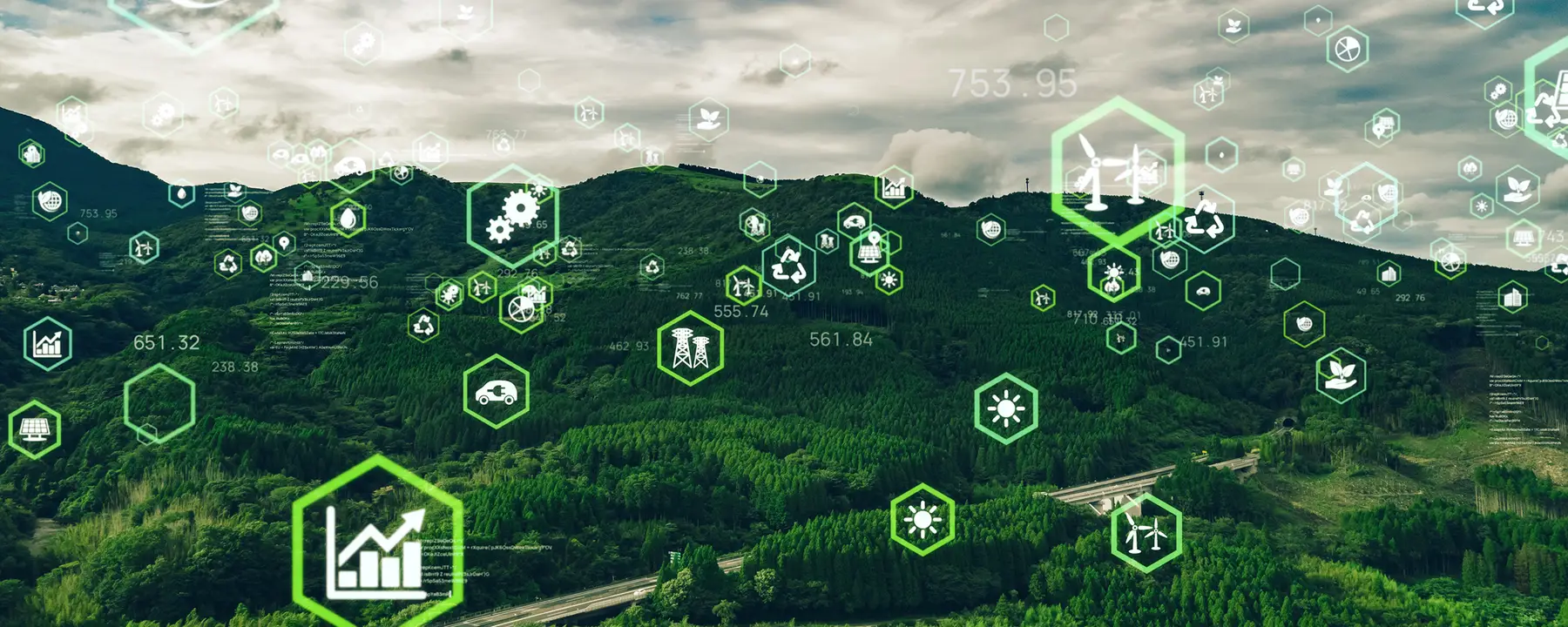NOAA Global Climate Change Modeling Test
The NOAA Global Climate Change Modeling Test is a specialized service designed to evaluate and validate climate models used in global environmental change research. This testing ensures that the models adhere to international standards, providing reliable predictions for policymakers, researchers, and stakeholders involved in addressing the challenges posed by climate change.
Our laboratory uses cutting-edge technology and methodologies to simulate real-world conditions under which these climate models operate. We focus on key parameters such as temperature changes, precipitation patterns, sea level rise, and atmospheric composition variations. These tests are crucial for ensuring that the outputs from these complex simulations accurately reflect current scientific understanding.
The NOAA Global Climate Change Modeling Test is essential for several reasons:
- Validation of climate model performance against historical data
- Evaluation of model sensitivity to different input parameters
- Determination of consistency between various models and observational datasets
- Assessment of uncertainty in future projections derived from the tested models
Our team works closely with clients to tailor testing protocols that meet specific project requirements. We employ advanced computational resources and sophisticated software tools to conduct these rigorous evaluations.
| Climate Parameter | Test Methodology | Expected Outcome |
|---|---|---|
| Temperature Variations | Use of high-resolution temperature datasets and trend analysis | Demonstration of accurate prediction of global warming trends |
| Precipitation Patterns | Analysis of historical precipitation records and future scenarios | Identification of potential hotspots for increased rainfall or droughts |
| Sea Level Rise | Integration with oceanographic models to assess impact on coastal regions | Evaluation of model's ability to predict sea level rise accurately |
| Atmospheric Composition Changes | Use of air quality monitoring data and satellite imagery | Assessment of how changes in CO2 levels affect climate models |
By providing this service, we contribute to the broader effort aimed at understanding and mitigating the impacts of global climate change. Our rigorous testing ensures that decision-makers have confidence in the reliability of the information provided by these critical models.
Industry Applications
The NOAA Global Climate Change Modeling Test finds application across multiple sectors, including energy, agriculture, water resources management, and urban planning. Below are some specific areas where this testing is particularly valuable:
- Renewable Energy Sector: Accurate prediction of wind patterns and solar radiation helps optimize the placement and efficiency of renewable energy installations.
- Agriculture Sector: Understanding how climate change affects crop yields enables farmers to adapt their practices accordingly.
- Water Resources Management: Predicting changes in river flow, groundwater levels, and lake evaporation is crucial for sustainable water resource management.
- Urban Planning: Assessing the impact of urban heat islands and stormwater runoff helps cities design more resilient infrastructure.
In each of these sectors, reliable climate model predictions are essential. Our testing ensures that the models used in these applications provide accurate data, thereby supporting informed decision-making processes.
Quality and Reliability Assurance
- Data Validation: Ensuring that model outputs align with historical climate records.
- Sensitivity Analysis: Checking how small changes in input parameters affect the overall outcome of the model.
- Intercomparison Studies: Comparing multiple models to identify commonalities and discrepancies.
- Uncertainty Quantification: Estimating the range within which future projections can be expected to fall.
Through these rigorous quality assurance measures, we ensure that our tests provide reliable results. This is critical for maintaining trust in the climate models used by various stakeholders.
Environmental and Sustainability Contributions
The NOAA Global Climate Change Modeling Test plays a vital role in enhancing our understanding of global environmental changes and promoting sustainable practices. By providing accurate and reliable climate model outputs, we support efforts to mitigate the adverse effects of climate change.
Our laboratory's expertise contributes significantly to:
- Policy Development: Providing robust scientific data for policymakers to formulate effective strategies.
- Sustainable Practices: Helping businesses and organizations implement practices that reduce their carbon footprint.
- Research Advancement: Supporting ongoing research into the impacts of climate change on ecosystems and biodiversity.
Through our testing services, we aim to foster a more sustainable future by ensuring that climate models are as accurate as possible. This not only aids in reducing environmental risks but also promotes economic resilience against the challenges posed by global warming.





